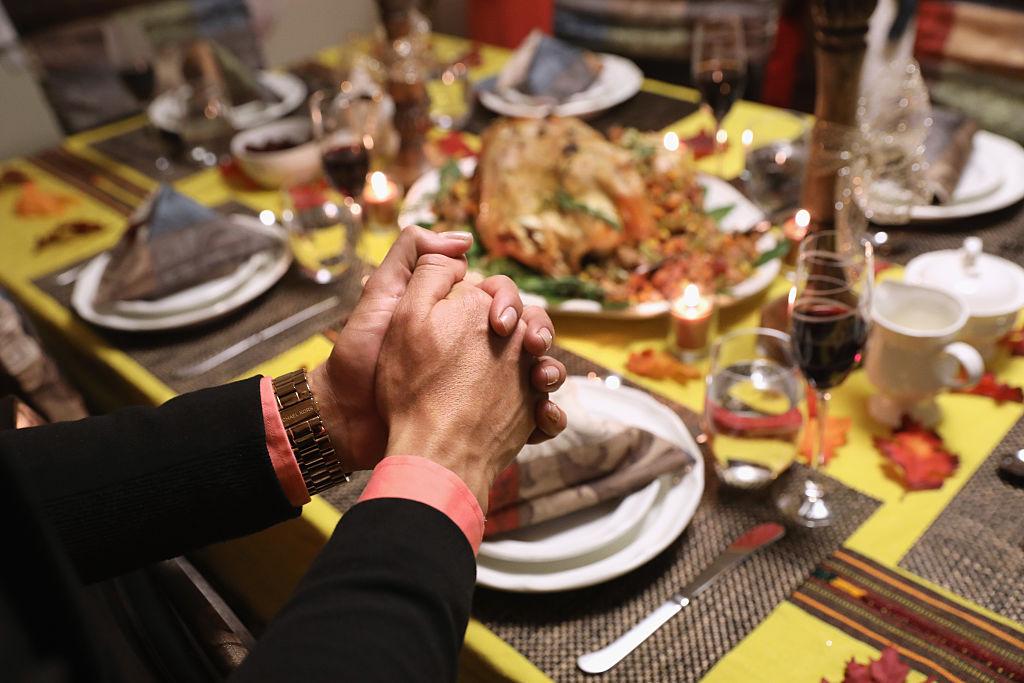A national poll found that 61 percent of Americans hope to avoid discussing politics with their loved ones during this week’s Thanksgiving holiday. Only 29 percent said they looked forward to talking about politics.
The poll by Quinnipiac University, released on Nov. 20, also found the same results among all groups.




